We receive many requests for custom novelty cakes at our bakery. These often feature favourite animals, superheroes, or characters like Disney princesses and the Gruffalo.
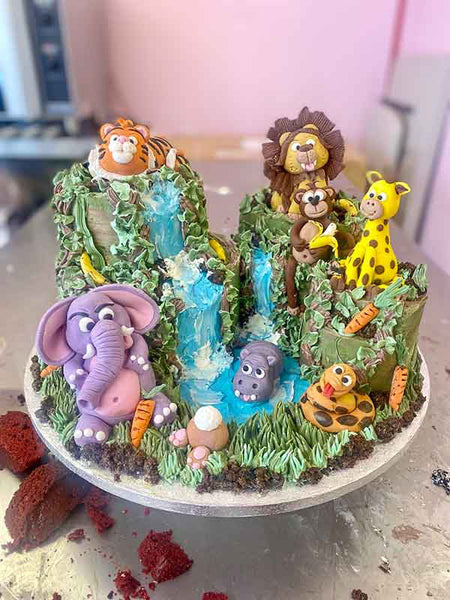
To bring these themes to life, the character needs to feature on the cake. The two most popular ways are using hand-modelled edible fondant figures or plastic toys. Let's compare them:
Fondant Figures vs. Plastic Toys: A Comparison
Fondant Figures (Edible)
Materials: Made with fondant (sugarpaste) or gum paste, coloured with food colourings, and non-toxic and edible. May include cocktail sticks or food-safe wires.
Flavour: SWEET. These figurines are very sweet, but children often like them.
Aesthetics: Depending on the skill of the cake maker, they can look incredible. Kids love seeing their favourite characters in food form.
Cost: Due to high labour costs, these can be expensive.
Environmental Impact: Edible and fully biodegradable.
Plastic Toys (Non-Edible)
Materials: Made from polymers like Polyvinyl Chloride (PVC), with additives like colourants and plasticisers.
Flavour: Not to be ingested.
Aesthetics: Highly detailed and true to character, often with a high gloss finish.
Cost: Economical, and children can play with the toy afterwards.
Environmental Impact: Non-biodegradable, adds to landfill.
Are Plastic Toys Legally Allowed on Cakes?
This is the crucial question. I consulted the Food Standards Agency (FSA), our Environmental Health Officer (EHO), and Trading Standards. According to The Materials and Articles in Contact with Food (England) Regulations 2012, Part 8, Section 18:
(1) Materials and articles, other than those controlled by Regulation 10/2011, made with vinyl chloride polymers or copolymers:
(a) must not contain vinyl chloride monomer exceeding 1 milligram per kilogram; and
(b) must not transfer more than 0.01 milligrams of vinyl chloride per kilogram of food.
(2) No person may place on the market or use in connection with food any material not complying with paragraph (1).
PVC may contain harmful substances like phthalates or bisphenol A (BPA), which can leach into food and pose health risks. **As most toys do not come with food-safe certification, legally, plastic toys are not allowed to be sold when in contact with food, including cake.**
Why Toys Without Food-Safe Certification Are Risky
Toy manufacturers ensure their products are safe for children to play with, but they are not tested for food safety. Toys are not stress-tested for conditions like extreme temperatures or contact with fatty or acidic foods—conditions common on a typical cake.
If a toy is not explicitly labelled as food-safe, it should not be assumed safe for use with food. Most toys are not labelled as such.
Supermarkets and commercial bakeries do not use plastic toys on cakes because it is unlawful for the above reasons.
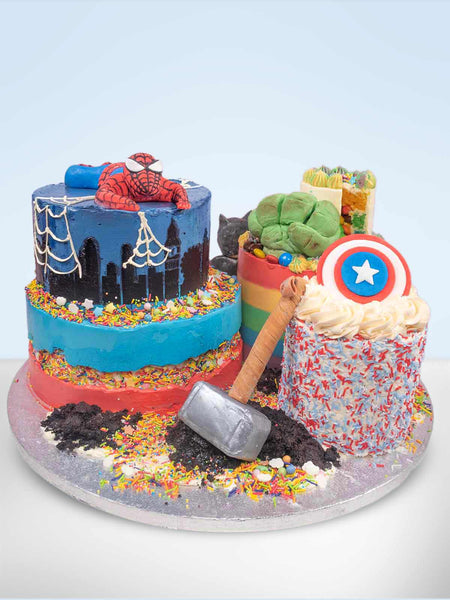
Budget and Legal Constraints: Safe Alternatives
Fondant figurines are often more expensive than plastic toys, which also have the benefit of being a toy after the cake is served. Customers may ask for toys on cakes, but it is a risk to consider fully as it is unlawful. Complaints about health effects could lead to personal injury claims, investigations, fines, or worse.
If budgets do not allow for fondant figurines, consider edible printed artwork on icing. If customers insist on plastic toys, suggest adding them at their own risk after delivery.
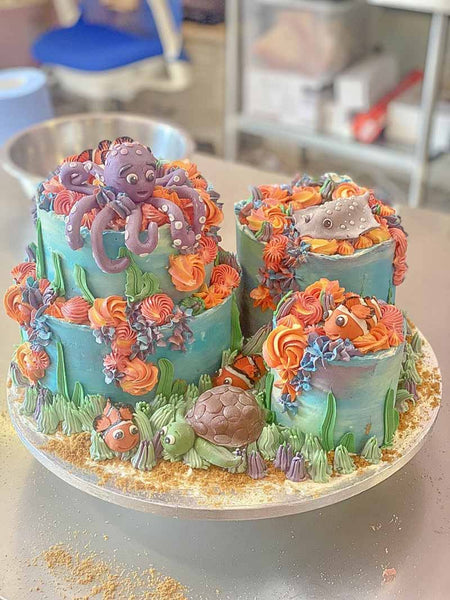
Our Bakery's Food Safety Policy
As a leading London bakery, we do not use non-food safe decorations on our cakes. Based on the customer's budget, we create hand-modelled edible figurines or use edible printed icing artwork. You can also browse our full range of London cake delivery for special occasions to see how we bring themes to life safely and creatively.
We hope this article clarifies the issue. For a novelty cake that prioritizes both aesthetics and safety, choose bespoke edible craftsmanship. Drop any further queries in the comments below!




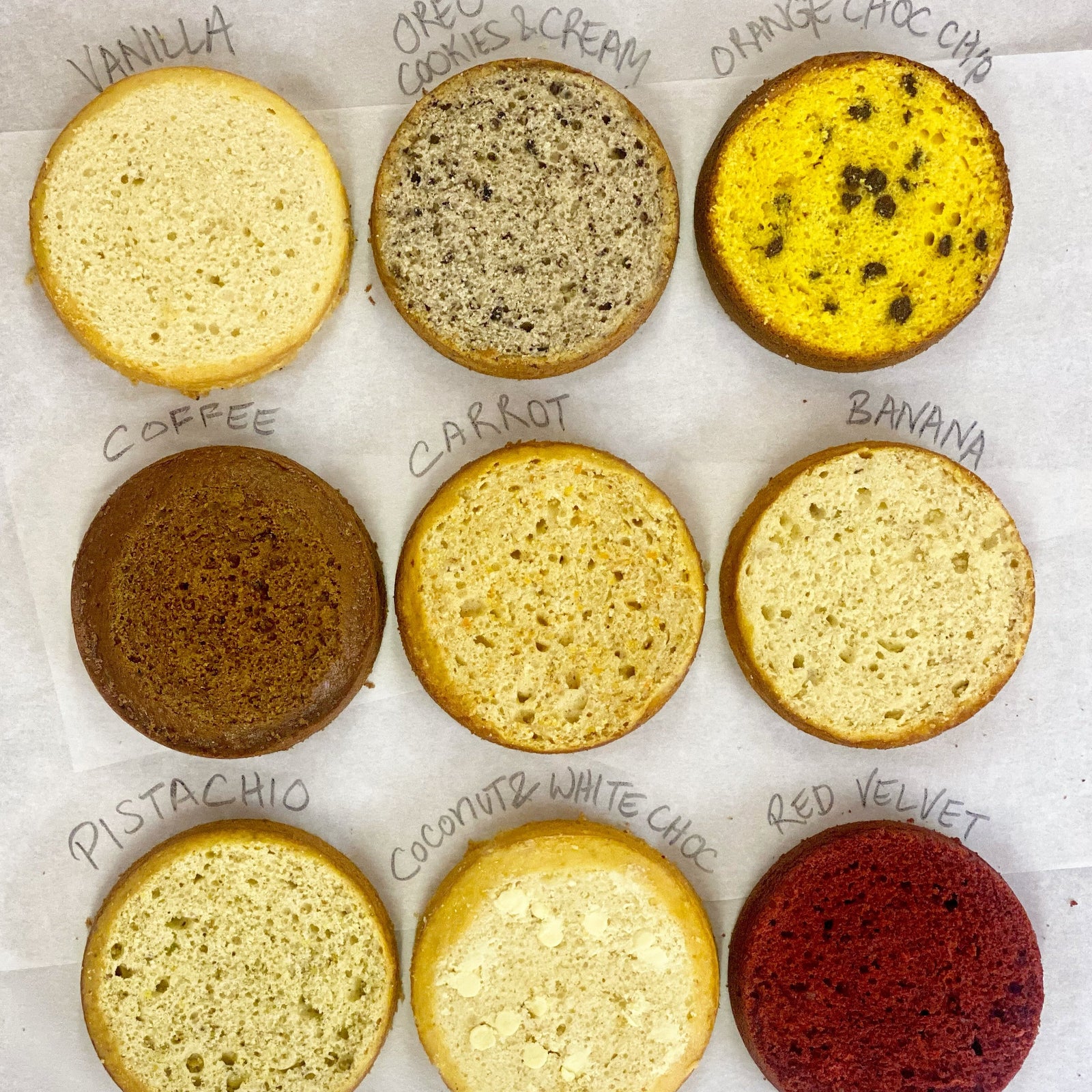
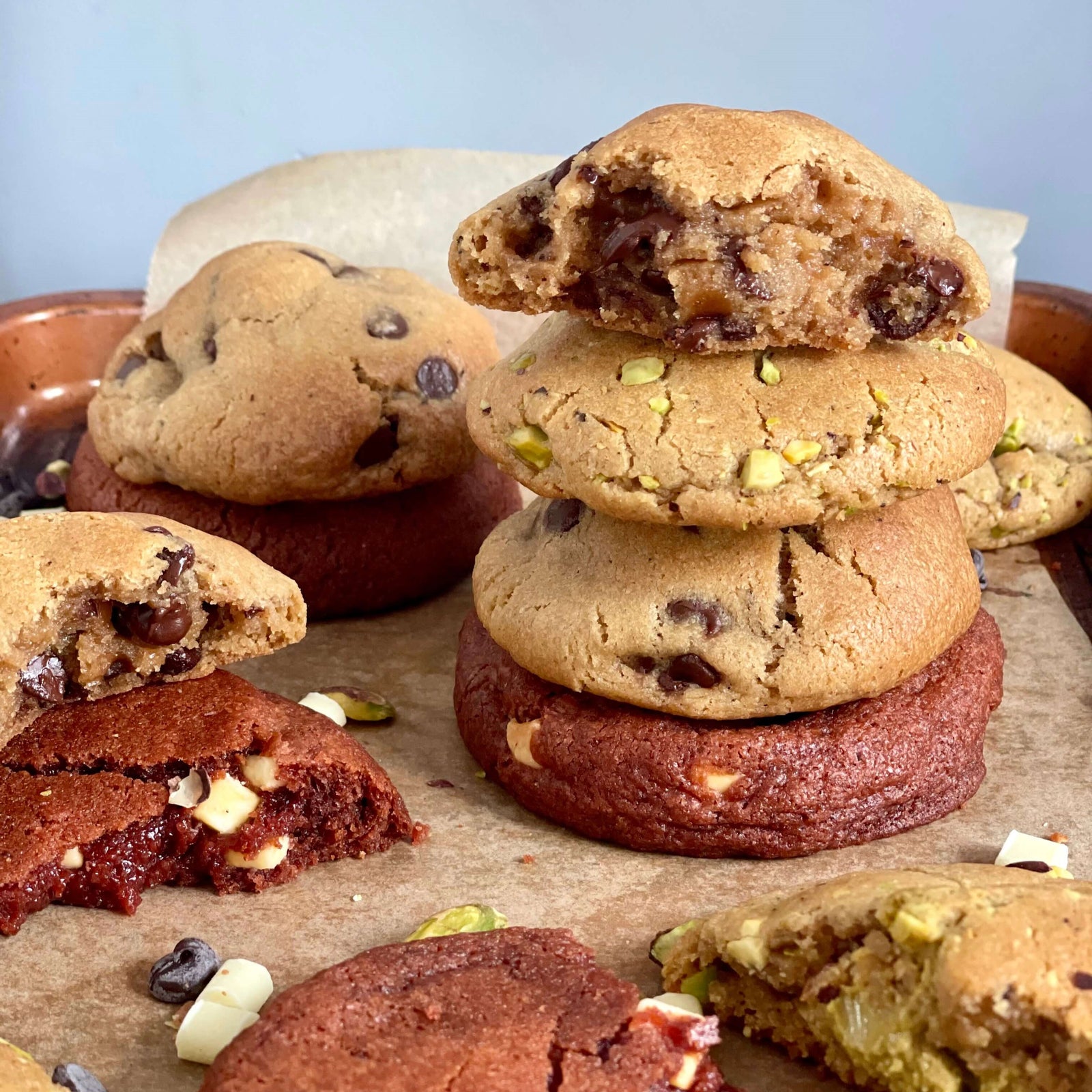
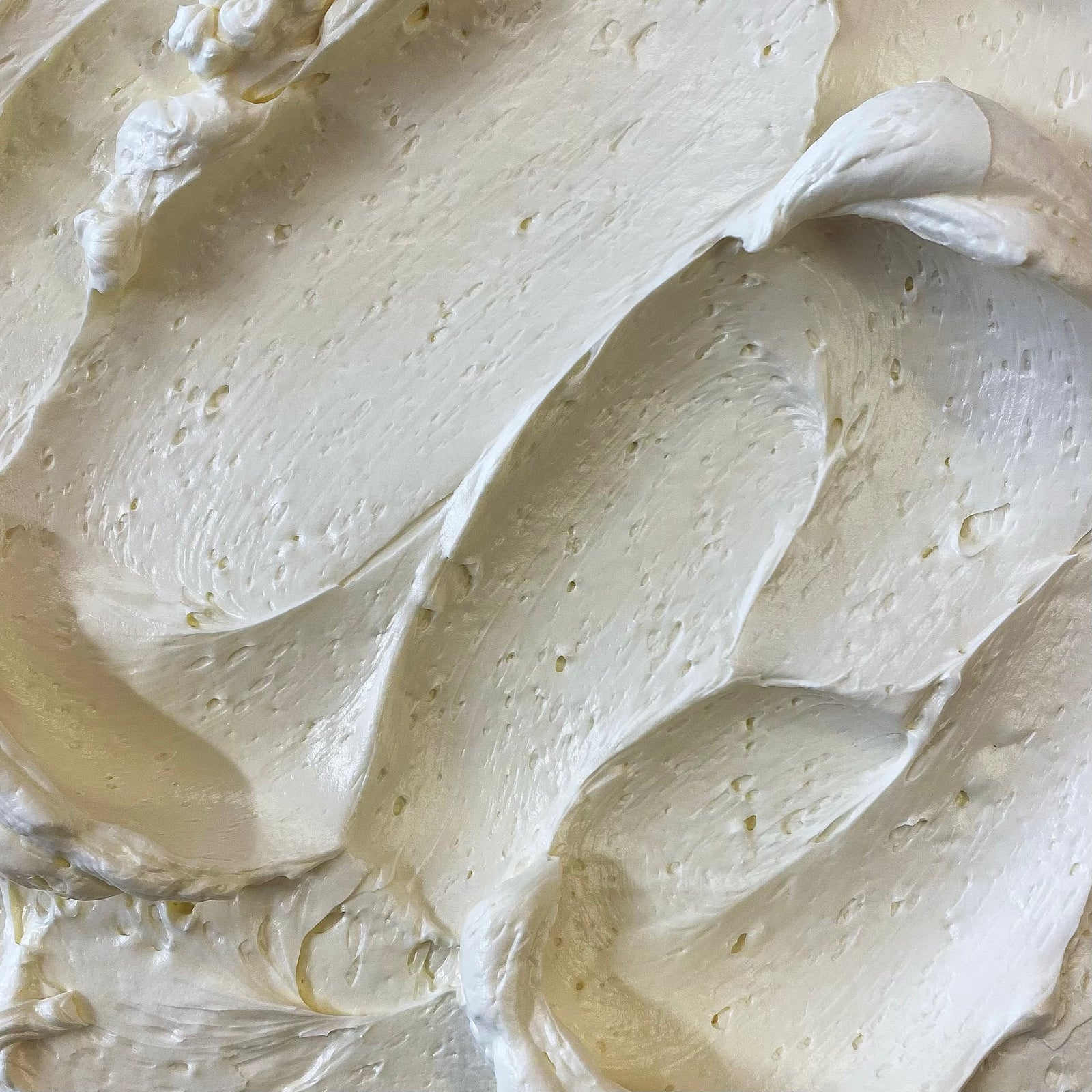
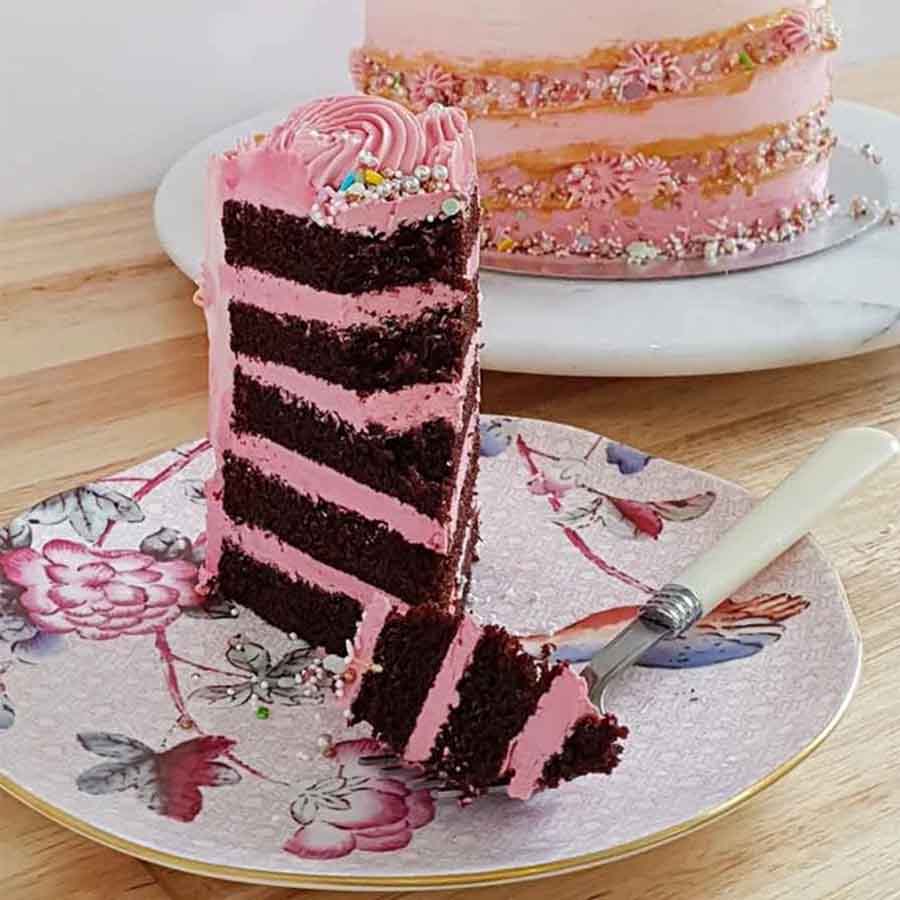
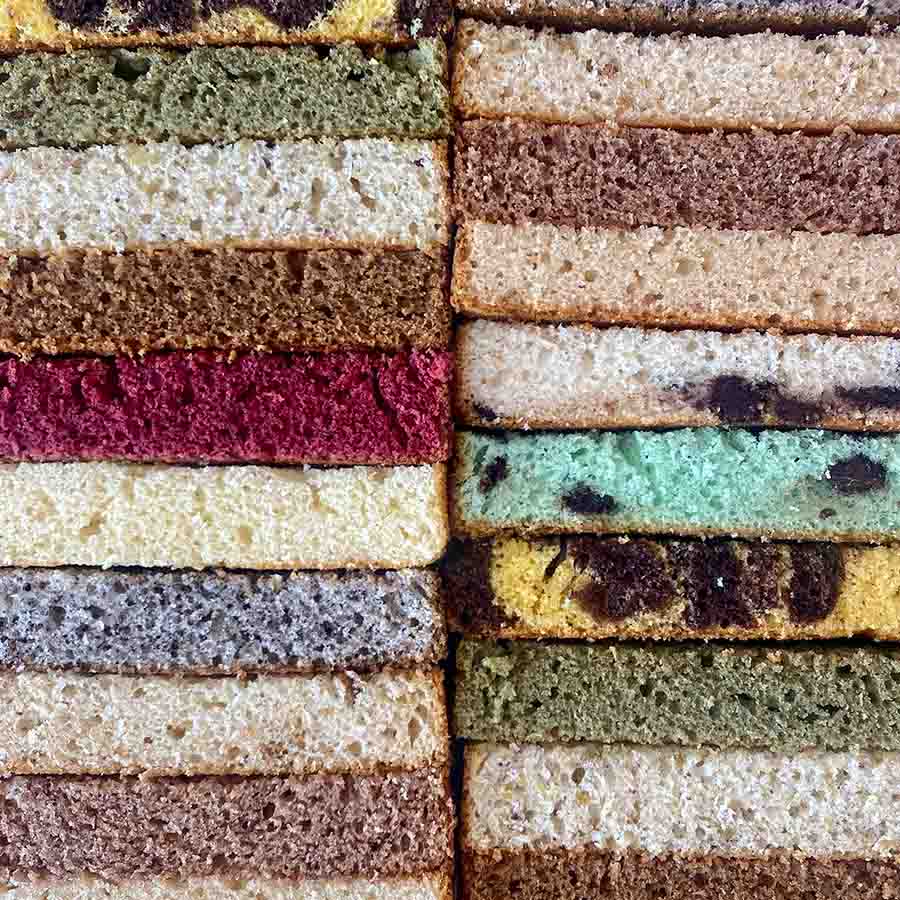
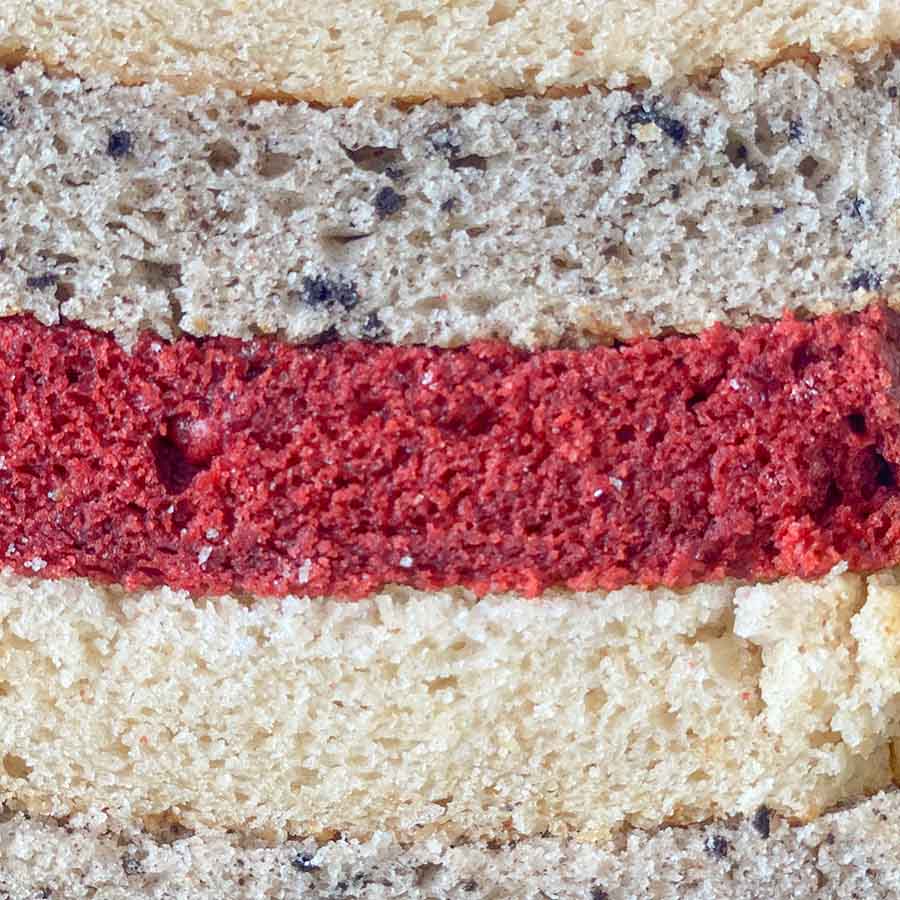
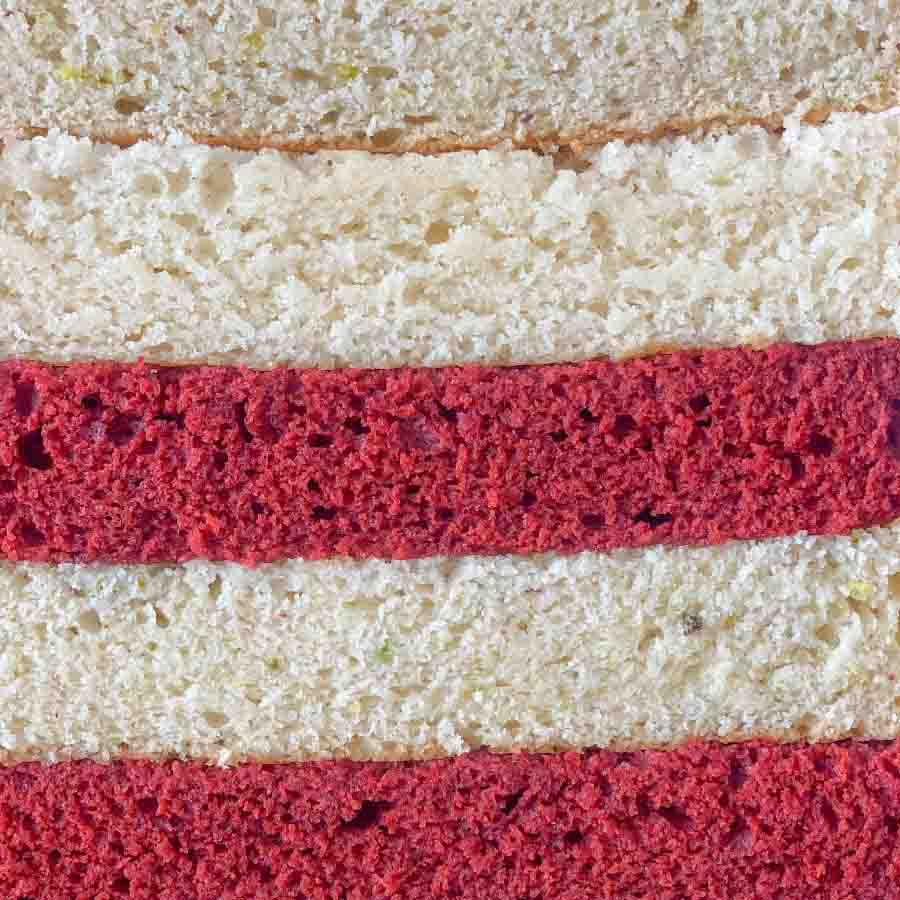
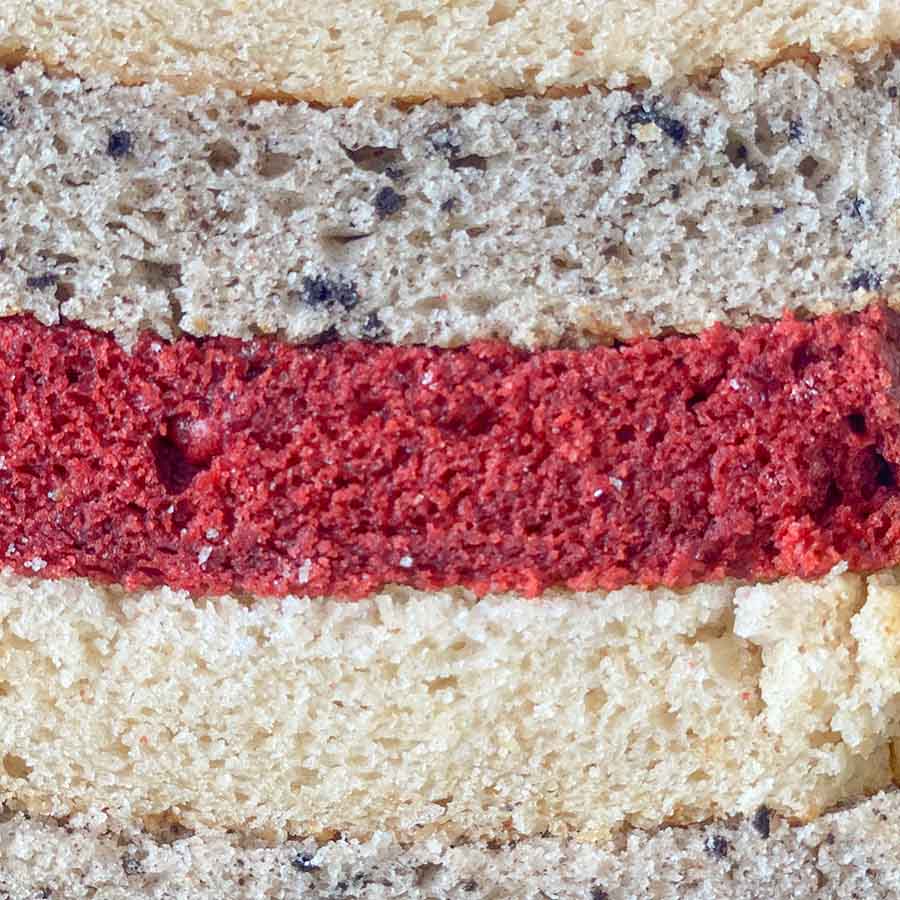
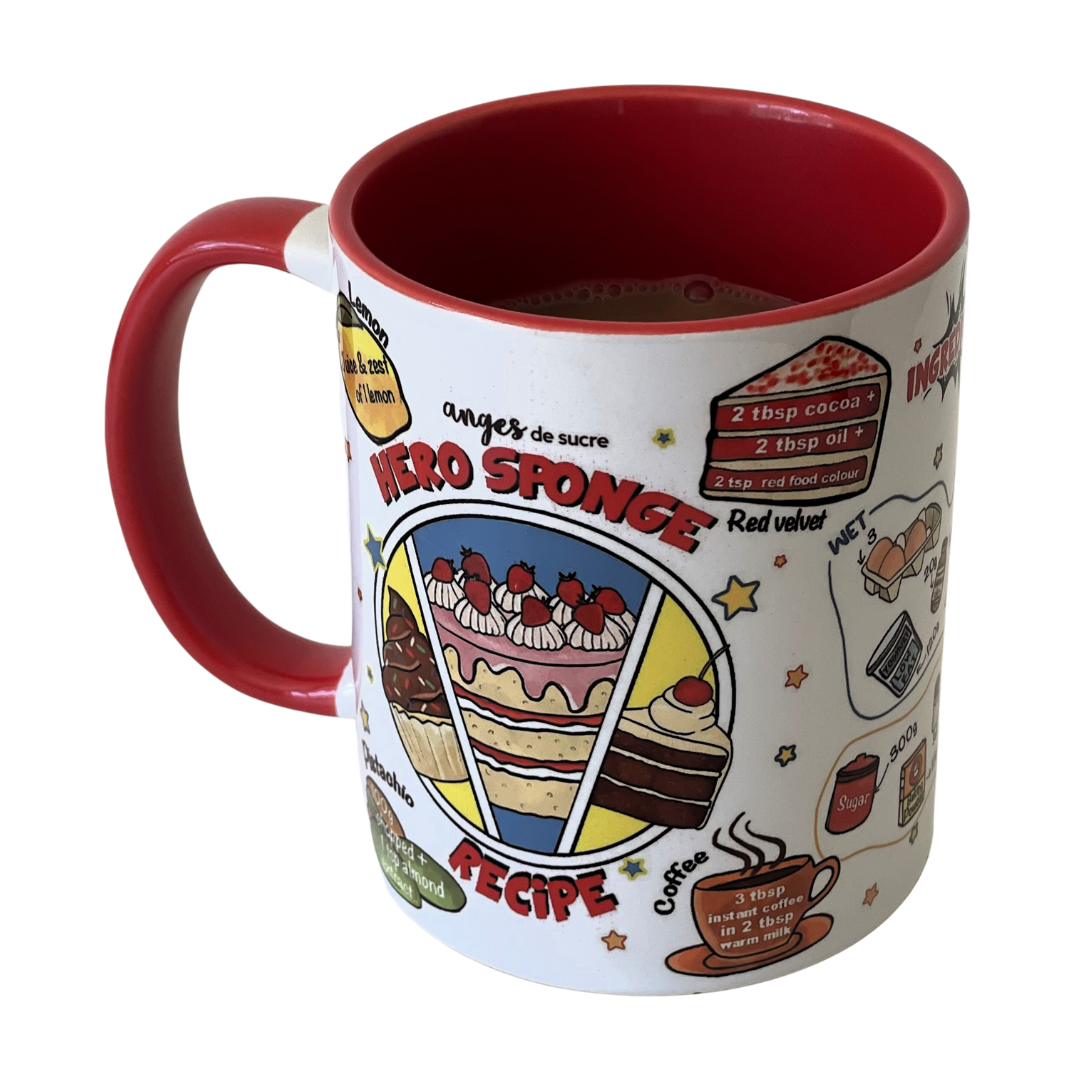
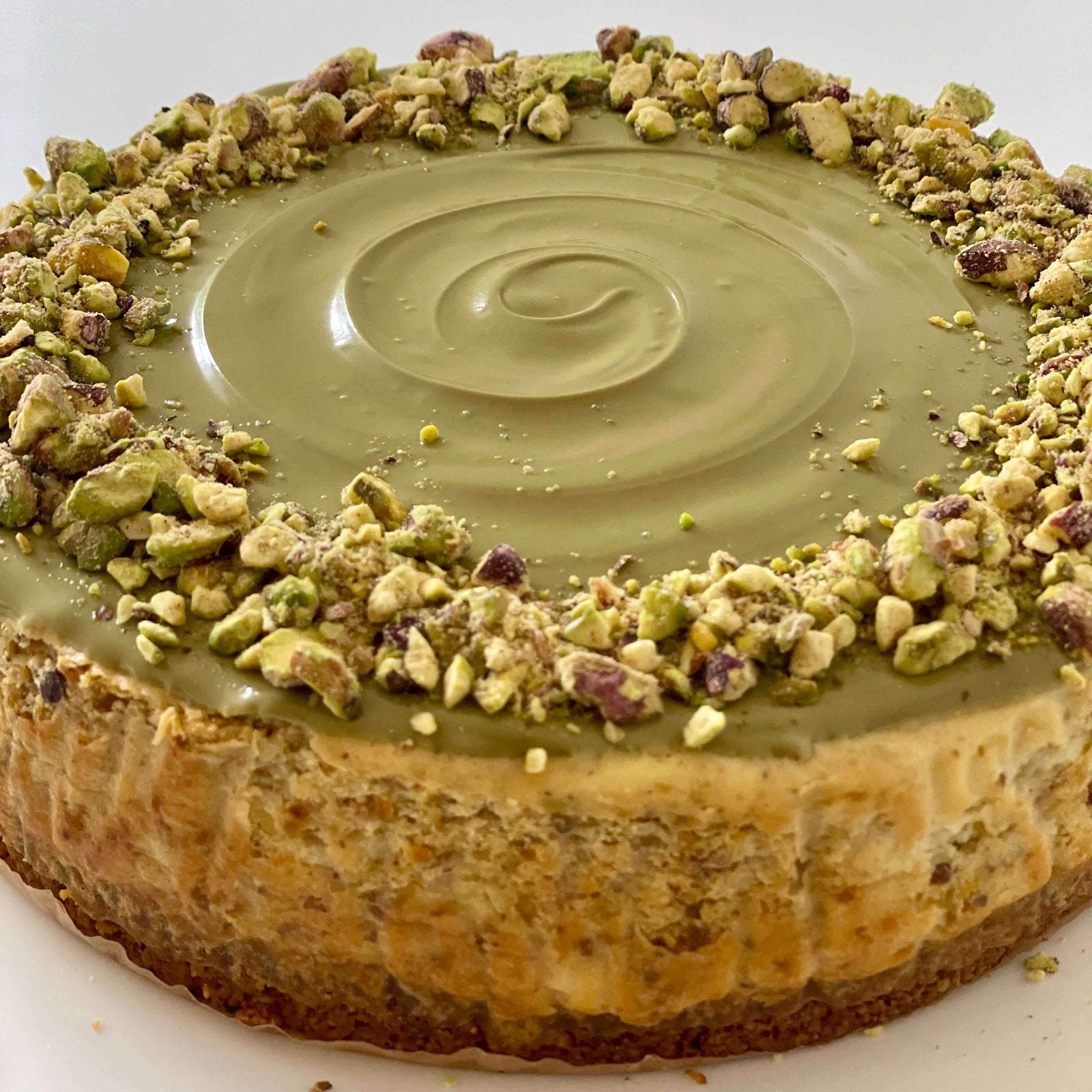
Leave a comment (all fields required)